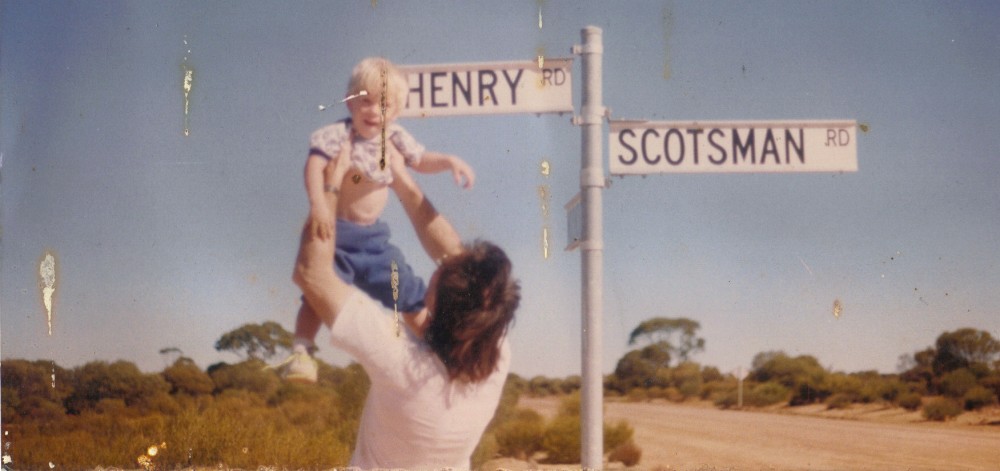I think it’s a good idea to spend longer on openings. They are integral to the finished song in all but the most obtuse examples.
Let’s stick with songs of renown and consider “In the Ghetto” by Mac Davis. He wasn’t always this downcast and solemn. (His “Oh Lord It’s Hard to be Humble” was a regular among rural youth get-togethers.) but there is no doubt about the statement of purpose where narrative is concerned in this song. It has a place-setting title but consider how different a work it would be if it started with a gun incident or a mugging. “On a cold and grey Chicago dawn/and another little baby child is born/in the ghetto” The first line lets us know it’s a bleak situation and the following lines throw forth the startling notion that the birth of a baby is a catastrophe here, not a cause for celebration.
You’ll notice that whenever nonsense lyrics comprise the title or the central coda, they often start off that way. It’s as if why not, or maybe having decided on lyrics that can’t possibly mean anything to the casual listener, they figure they better maximise their chances of getting away with it by getting in early before the person listening has had time to form an opinion.
The choral beginning of “Ba-ba-ba- Barbara-Anne” is an approach that works as it serves to prepare the lead who can then come in and tell us about his encounter with the subject of the song. Perhaps proper names share a similar association between title and opening as do abstract terms, for there are a number in the vast vault of Christian name ballads and first name laments that start right in addressing the subject of the song.
There’s no hard and fast rule on whether you use the title in the first line or save it for the chorus. Or not repeat it in the body of the song whatsoever.
My counsel would be that you see what natural shape the song wishes to take. It will become apparent when you learn to read what is developing, just where to place the varying elements, including title and opening line.
Whether you wish to place your song in some locale in the opening line (e.g. ‘In Dublin’s fair city’) or use some point in time to set the scene (e.g. ‘When I was just a lad of ten’), is as much a natural consequence of the construction as it is an act of volition.
In the above examples, if I want to sing to you about sweet Miss Molly Malone then I need to find some way of introducing her and I do this in ‘Dublin’s fair city’ ‘where girls are so pretty’. Now you may be writing your lines to fit in with the chords or melody you’re toying with, and that’s fine; it’s another approach, but that doesn’t stop the resultant words for serving the song well. Here we find the place – the big city in the case of an Irish folk song – to be full of pretty girls and so the narrator’s eye being caught by the song’s namesake is the more remarkable. In the best folk tradition, it doesn’t take long to tell us what the redoubtable MMM is up to. In this case, wheeling her wheelbarrow through streets broad and narrow hawking seafood.
In the case of “Lemon Tree” the narrator or songwriter, depending on your school of thought and/or critical focus is using the remembrance of the lesson he got at this father’s knee with the way this has panned out in his life. The simile of love and a lemon tree needs a bit of authority as it’s not a ready image one thinks of in the many musings ‘pon the subject of amor. Knowing the tribute paid to fatherly advice when the song was written, it’s about the readiest appeal to authority there is. Even if we don’t always look to Dad for pronouncements on the subject; it’s a bit down the blokey calendar from other topics of discussion.
